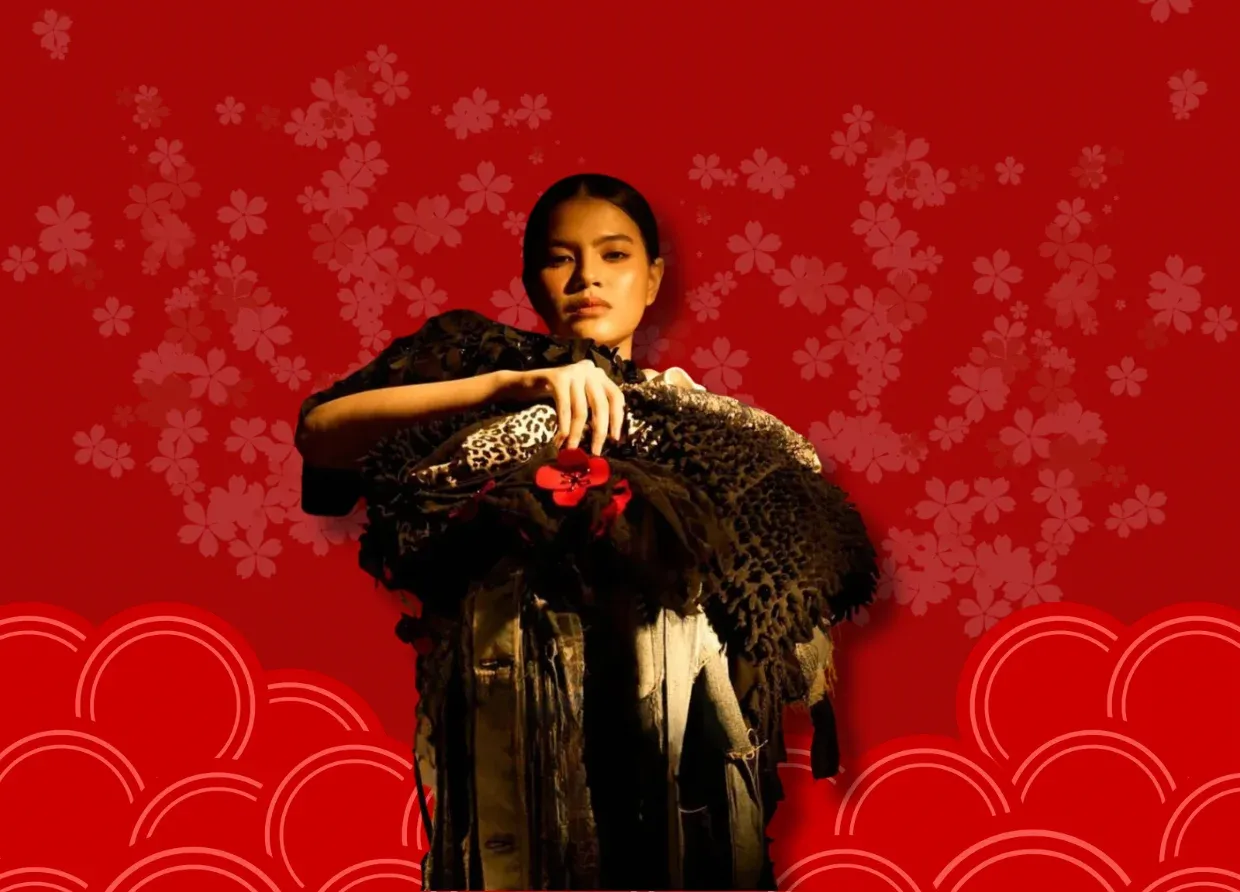COFFEE CULTURE: A CULINARY EXPLORATION OF FLAVOR AND PREFERENCE
Navigating the Culinary Landscape of Coffee: From Global Origins to Personal Palates.

Coffee has become a beloved ritual for many, a beverage that marks the beginning of the day and brings comfort in every cup. For enthusiasts, it’s more than just a drink; it’s an experience worth splurging on, with some willing to allocate as much as 17.5% of their disposable income to indulge in their favorite brews. Yet, beneath the surface of this caffeinated culture lies a complex culinary conversation—one that raises questions about taste and personal preference.
While the allure of coffee shops, the scent of freshly ground beans, and the skill of tattooed baristas crafting intricate designs in frothy milk captivate many, the actual taste can be polarizing. For some, each sip confirms a long-held aversion, despite efforts to embrace the beverage. This culinary paradox highlights the subjective nature of taste.
A vivid example lies in the heart of Indonesia, where Java coffee originates. Having lived on this island, a connoisseur experienced the cultivation of coffee firsthand, wandering through plantations where robusta beans flourish under the tropical sun. The vibrant terroir—the distinct character imparted by the land—should have resulted in a remarkable flavor experience. Yet, disappointment lingered, reinforcing the belief that coffee might not suit every palate.
Exploring the global coffee scene further, one encounters rare specialties, such as Indonesia’s civet coffee, made from beans that have passed through the digestive system of civet cats. While the method raises eyebrows, it underscores the lengths to which coffee culture can go to create unique flavors. However, the skeptic’s choice not to try it serves as a reminder that not every culinary adventure resonates.
A visit to Bogotá, Colombia—famed for its coffee—offered yet another opportunity to appreciate the beverage. Despite the café's reputation, the experience fell flat, once again illustrating that location does not guarantee flavor satisfaction. Interestingly, Colombia’s tradition of pairing hot chocolate with cheese showcased a delightful culinary alternative that left a lasting impression.
As coffee culture evolves, traditional preferences face a transformation. In the UK, where tea once reigned supreme, corporate coffee chains have reshaped the landscape. The quaint cafés that once served affordable pots of tea are giving way to establishments where tea is often overshadowed by coffee, sold at steep prices.
This exploration of coffee reveals that culinary experiences are deeply personal and vary widely. While many find joy in the complex flavors of coffee, others may prefer to savor the culture surrounding it without indulging in the brew itself.
In the end, the relationship with coffee remains nuanced. Perhaps with a bit of distance and a willingness to explore, those hesitant to embrace coffee can discover new facets of this beloved beverage. After all, the world of coffee is rich with flavors and stories, offering a diverse culinary landscape for everyone—whether they choose to partake or simply observe.
#THE S MEDIA #Media Milenial #coffee culture #personal taste #culinary journey #coffee aficionados #Indonesia #Colombia #tea vs coffee #café experience #beverage preferences #coffee skepticism #terroir #global coffee scene #barista artistry


























